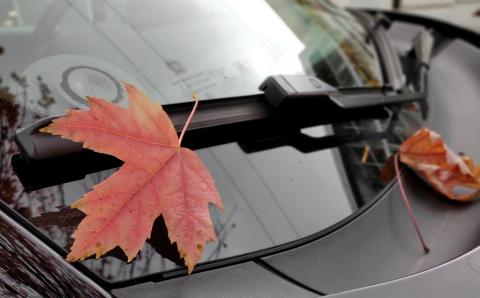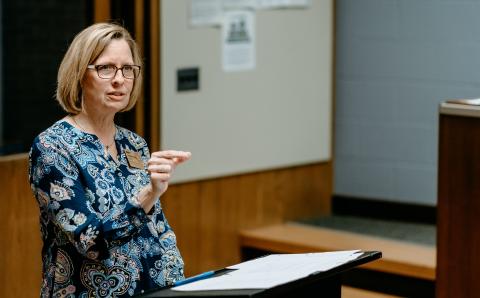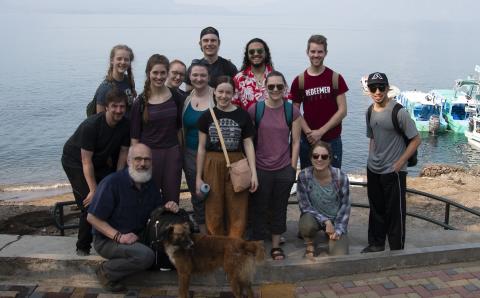It all started with a dog named Todd. While his owners John and Molly Chester were away from their apartment in Los Angeles, Todd would bark and bark—so much so that the couple and their dog were threatened with eviction.
Instead of despairing, the Chester’s decided to find a place where Todd could roam and bark freely—and where they could pursue their dream of starting up a farm. With funding from friends and family, they bought a property 40 miles north of Los Angeles.
Unfortunately, the farm’s abandoned citrus orchards could not be rescued and the soil was completely depleted. Enter Alan York, a mentor who guided the Chester’s in developing a farm in “harmony” with nature, with no aid from pesticides or hormones. From the start, the plan was to have the greatest variety of plants and animals, all building a natural, sustainable environment.
This documentary film traces the challenges John and Molly Chester faced over eight years in establishing what would become Apricot Lane Farms, now a thriving and absolutely gorgeous property set among the rolling hills of Ventura County.
And the challenges they faced were many. To give one example, the grassy ground cover in the orchards retained moisture, but also attracted thousands of snails that gobbled up the fruit trees. And the ducks that swam the irrigation pond turned the water toxic. John eventually learned to observe and turn problems into solutions. The ducks were let loose in the orchards and made quick work of the snails, leaving behind beneficial droppings.
Before becoming a farmer, John Chester worked as a documentary filmmaker, and his skills are on excellent display in this feature for which he acted as producer, director, screenwriter, and director of photography. Chester knows how to draw out the drama in the threats to the farm. At the same time, the film also provides calmer scenes when the camera quickly tracks farm life. The unlikely friendship between a sow named Emma and a mangy rooster known as Greasy engages and endears.
The cinematography is also first-rate, with beautiful time-lapse sequences displaying the plants and animals, as well as the stars above the farm. To fill in the history of the farm’s first years, animation provides details not covered in home videos and photographs.
I would have liked to have learned more about the financial side of establishing the farm, which operated for the first years at a considerable loss while engaging in an incredible range of expensive projects. Molly Chester, a former chef, is portrayed as the inspiration behind the project, yet it’s not always clear how she shared the management of the farm with her husband.
Overall, I had to admire the hard-work and resilience of John and Molly Chester, two “city slickers” who are not afraid to get down on their knees and help deliver piglets and calves. I also appreciated how the film argues for the benefits of organic farming without varnishing the truth of its difficulties. While not written from an obvious religious viewpoint, the film does witness the intricate glory and beauty of creation, just as evident in a farm as in a wilderness park.
While some children might be disturbed—or rather, grossed out—by the images of death and dying on the farm, this is a very good film for families to watch together and discuss how our food really doesn’t come from the supermarket. (Neon)
About the Author
Otto Selles teaches French at Calvin College, Grand Rapids, Mich., and attends Neland Avenue Christian Reformed Church in Grand Rapids.








